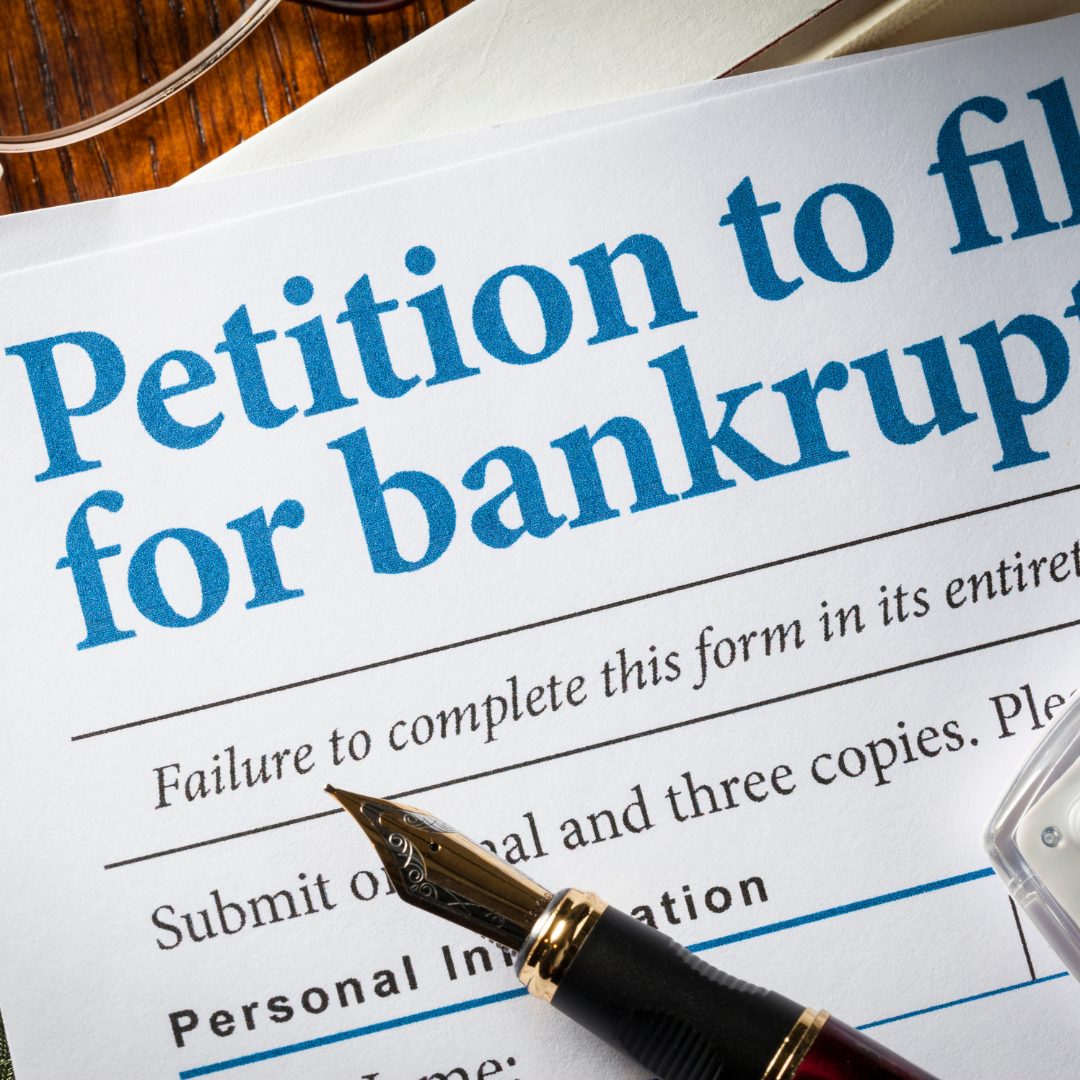
In the complex and often stressful world of business finance, facing insurmountable debts can lead business owners in Charlotte, NC, to consider bankruptcy. However, it’s crucial to understand that bankruptcy isn’t the only option. Alternatives like personal bankruptcy and the dissolution of the business are viable routes, each with its unique implications. In this article, we’ll explore these alternatives, helping business owners make informed decisions during financially challenging times.
Alternative 1: Personal Bankruptcy
Personal bankruptcy might be a suitable alternative for business owners, especially if their personal finances are deeply entangled with their business debts. This route is particularly relevant for sole proprietors and some partnerships, where personal liability for business debts is a reality.
Chapter 7 Personal Bankruptcy:
- Applicability: Suitable for business owners with significant personal liability for business debts.
- Process: Involves liquidation of personal assets to pay off creditors. However, certain personal assets might be exempt from liquidation, depending on state laws.
- Impact: Leads to the discharge of most unsecured debts, offering a financial clean slate, but it significantly impacts personal credit.
Chapter 13 Personal Bankruptcy:
- Applicability: Ideal for those who have a regular income and wish to keep their assets while paying off debts.
- Process: The debtor proposes a repayment plan to pay off all or a portion of their debts over three to five years.
- Impact: Less damaging to personal credit than Chapter 7 and allows for the restructuring of debts, but requires adherence to a strict repayment plan.
Alternative 2: Dissolution of Business
Dissolution, the process of legally closing down a business, is another path for business owners grappling with debt. It’s a step that requires careful consideration, as it involves winding up all business affairs.
Voluntary Dissolution:
- When to Consider: If the business is no longer viable, or the owners decide not to continue for other reasons.
- Process: Involves settling debts, liquidating assets, and distributing any remaining assets to the business owners or shareholders. State laws and the company’s organizational documents will guide this process.
- Legal and Tax Implications: Requires filing appropriate paperwork with the state and settling all tax liabilities. It’s crucial to adhere to legal protocols to avoid future liabilities.
Involuntary Dissolution:
- Circumstances: Often initiated by creditors, regulatory agencies, or court orders when the business fails to comply with legal requirements or is unable to pay its debts.
- Process and Implications: Similar to voluntary dissolution in terms of settling debts and liquidating assets, but the control is taken out of the business owner’s hands.
Weighing the Pros and Cons
Each alternative comes with its advantages and disadvantages, and the choice depends on the business’s financial situation, the owner’s personal liability, and long-term goals.
Personal Bankruptcy:
- Pros: Can discharge or restructure personal liability for business debts, offers a fresh start.
- Cons: Impacts personal credit and might involve losing personal assets.
Dissolution of Business:
- Pros: Provides a clean and legal end to the business, removes the burden of struggling business operations.
- Cons: Can be a complex process, requires settling all outstanding debts and obligations.
Seeking Legal Counsel
Deciding between personal bankruptcy and business dissolution requires a deep understanding of legal and financial consequences. A bankruptcy attorney in Charlotte, NC, can provide invaluable guidance:
- Expert Legal Advice: A lawyer can help you understand your options, the process involved, and the legal implications of each choice.
- Financial Analysis: They can assist in analyzing your financial situation to determine the most viable option.
- Guidance Through the Process: Whether it’s navigating the intricacies of bankruptcy or managing the dissolution process, a lawyer will guide you every step of the way.
- Negotiation and Representation: In bankruptcy, lawyers can negotiate with creditors and represent you in court. In dissolution, they can ensure all legal protocols are followed for a smooth closure.
Bankruptcy Attorney in Charlotte NC
For business owners in Charlotte, NC, facing financial hardship, understanding all available options is crucial. Personal bankruptcy and business dissolution each offer different paths to resolving financial challenges. By consulting with a skilled bankruptcy attorney like The Layton Law Firm, you can gain clarity on which path aligns with your personal and business goals, helping you make an informed decision during a difficult time. If you or a loved one needs help, call us at 704-749-7747 and get a free consultation. Remember, seeking professional advice is the first step towards regaining control of your financial future.

